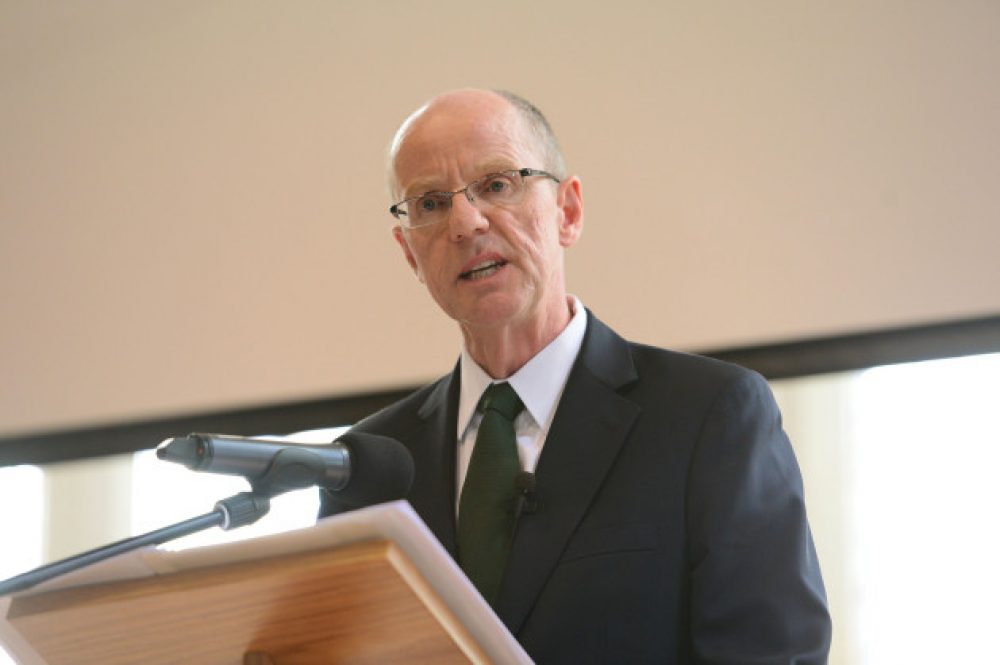A Conservative MP has broken rank to demand the Government makes a U-turn on its decision to scrap dedicated funding for pupils with English as an additional language (EAL).
Stewart Jackson told school reform minister Nick Gibb at a House of Commons debate today that the flagship Tory pupil premium policy “fails to take into account the very real impact of large numbers of EAL pupils”.
The Conservatives scrapped the only dedicated grant to help EAL learners under the coalition government in 2011.
The Ethnic Minority Achievement Grant (EMAG) was merged into schools’ overall budget. It is no longer ring-fenced and schools and councils have to fund support for EAL learners from a shallower pool.
But Mr Jackson, MP for Peterborough, said ministers should explore ways to help the small number of local education authorities (LEAs) with the consequences of “large scale immigration and social mobility and its effect on attainment”.
He argued for targeted, ring-fenced funding for such authorities, proposing a challenge fund where councils can compete for cash.
“There is now no de facto targeted funding for LEAs who, by dint of their economic profile or geographical circumstances, have to accommodate and deliver the best educational outcomes on an equal statutory footing with other and all LEAs to students whose principal language is not English.
“Pupil premium has been reconfigured, rebooted, nuanced, reset and expanded, but still regrettably fails to take account of the very real impact of large numbers of EAL pupils. With the demise of the EMAG dedicated funding has been removed effectively for EAL pupils.”
Mr Jackson’s said the churn in his constituency – it has the second highest rate of in-year admissions in the country – causes major disruption and exceptional difficulties for teachers.
The number of EAL pupils in Peterborough has also risen by 21 per cent since 2011.
Kevin Brennan, Labour MP for Cardiff West, agreed with the proposal, urging Mr Gibb to ignore his “pathological dislike” for ring-fenced funding and take action.
Mr Gibb said schools with high numbers of EAL pupils do not have “significant long-term disadvantage”, but said communities with high levels must be recognised.
He said he “understands the real challenges” faced by LEAs, but said funding can be awarded for EAL pupils through local funding formulas, adding: “The steps we have taken underline our ambition to give more pupils the potential to succeed in school. It will provide the foundations for an education system with social justice at its heart.”
But Mr Jackson told Schools Week: “I was a little disappointed [with the response] but I understand that the minister cannot make too many commitments ahead of the budget in July.
“As far as I’m concerned the campaign goes on – not least because the issue will remain topical not just in Peterborough but across the UK and will become more acute – especially if it impacts on educational outcomes.”
He said he is asking for a funded pilot scheme to help develop a coherent EAL strategy for LEAs experiencing issues.







Your thoughts